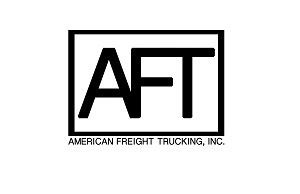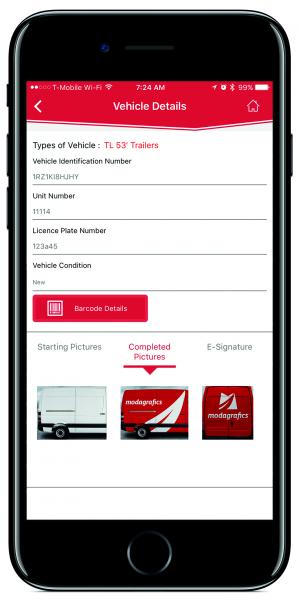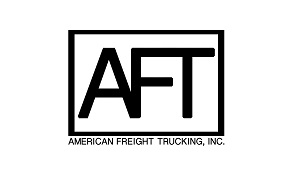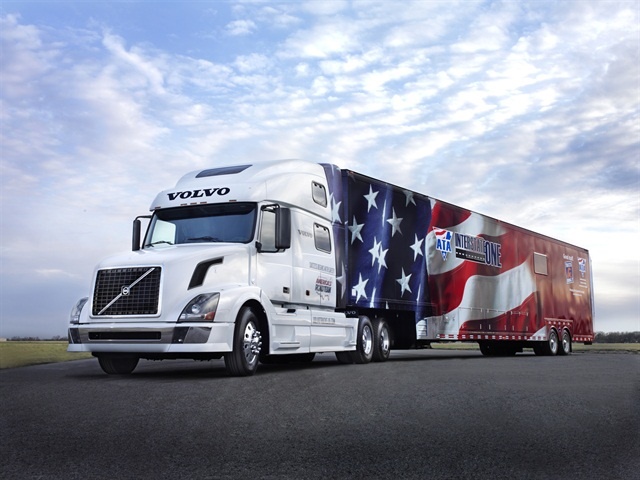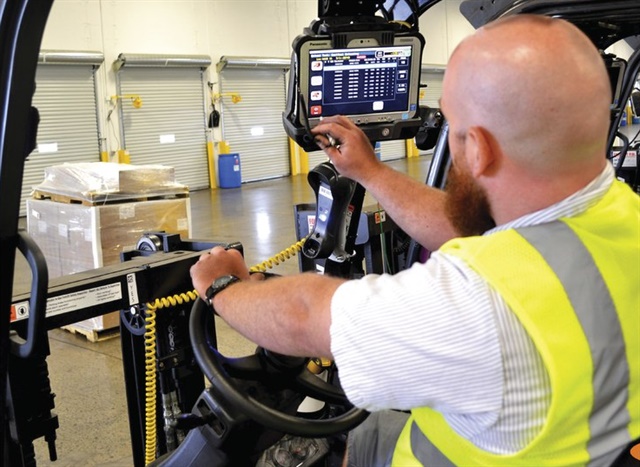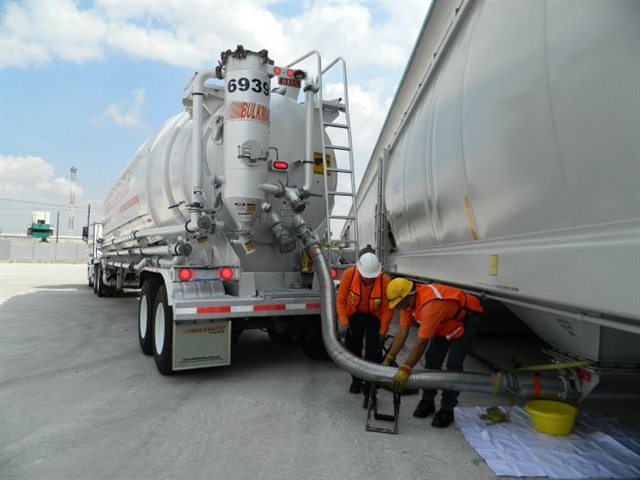Earnings Watch: Saia Earnings Up, C.H. Robinson Down

As more trucking companies report third quarter earnings, most are showing profits are down from the same time a year ago – but there are a few exceptions.
The less-than-truckload feet Saia Inc. (NASDAQ: SAIA) reported net income increased to $13.8 million from $11.8 million. Earnings per share increased to 54 cents from 46 cents, 4 cents better than a consensus estimate from analysts.
Revenue moved down just 0.2% from a year earlier to $316 million, while operating income increased to $22.6 million from $19.8 million.
"Third quarter operating results reflect our continued pricing discipline and our company-wide efforts aimed at achieving operating efficiencies across all areas of our network," said Saia President and CEO Rick O'Dell, citing year-over-year improvements in dock, city and linehaul productivity.
He said freight rates increased an average of 5.7% on contractual renewals in the quarter. In early October the Georgia-based company implemented a general rate increase of 4.9%.
During the quarter LTL shipments per workday fell by 1.2%, and LTL tonnage per workday declined by 2.9%, while LTL yield increased 3.7%.
"Though the economic environment continues to offer only tepid growth, I was encouraged to see our LTL shipment trend turn positive in September for the first time since February," O'Dell said.
C.H. Robinson Profit Slides As Freight Rates SinkIn contrast, earnings for third-party logistics provider C.H. Robinson Worldwide Inc. (NASDAQ: CHRW) fell by 7.5% to $129 million in the third quarter from the same time a year ago, while revenue declined 5.1% to $558.5 million due to lower freight rates.
Earnings per share totaled 90 cents in the most recent quarter, 7 cents short of Wall Street expectations and down from 96 cents a year earlier.
“We expected a challenging pricing environment in 2016 as shippers focus on reducing their transportation costs," said John Wiehoff, CEO and chairman. "Despite the decrease in ...Read the rest of this story

